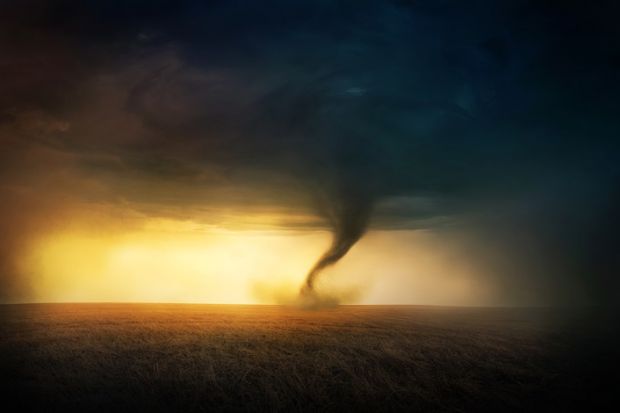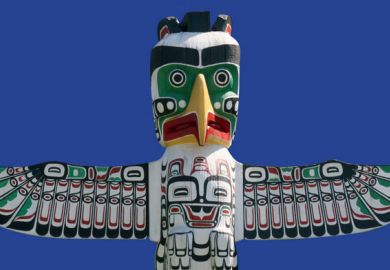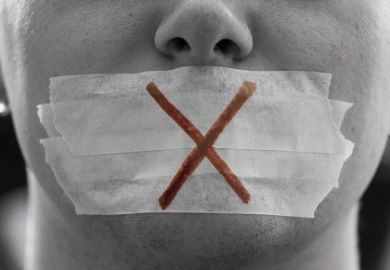Recent events at the University of Virginia in Charlottesville and Donald Trump’s multiple responses ignited a media firestorm that quickly moved north of the border. Within days, Canadian media were reporting on proposed white supremacist rallies in Vancouver and at the University of Toronto, based on information obtained on Facebook. This was followed quickly by stories on Toronto’s response (no knowledge of any rally and no request to use university space) and planned counter-protests.
The fear is that Trump’s ambivalent critique of the explicit racism evidenced at the Virginia events will provide a supportive umbrella for similar acts of racism in Canada. University leaders across the country issued statements condemning racism and bigotry, and promoting inclusivity and diversity. But the ubiquitous media emphasis on events in the White House risks diminishing the attention given to dealing truthfully with Canada’s own racist colonial history, and to the process of reconciliation with indigenous peoples.
The final report of Canada’s Truth and Reconciliation Commission was released in December 2015 and became an important catalyst for national discussion of the travesty of a system of residential schools that separated indigenous children from their parents, language and culture in the name of education, leading to physical, psychological and emotional abuse.
According to the commission, reconciliation is about “establishing and maintaining a mutually respectful relationship between Aboriginal and non-Aboriginal peoples [which requires] awareness of the past, acknowledgement of the harm…inflicted, atonement for the causes, and action to change behaviour”.
Universities were very much part of the social and political structures that created and supported these schools. Scholars played a central role in creating a historical narrative that largely ignored them. Universities frequently taught the teachers and administrators who staffed them. Public education pioneer Egerton Ryerson was also the architect of their curricula. And, until recently, Canadian universities largely ignored scholarship focusing on indigenous language, knowledge and culture.
Some universities, including First Nations University of Canada in Saskatchewan, have been addressing indigenous people’s needs for some time. But the release of the commission’s report in the context of a new, potentially supportive federal government, led by Justin Trudeau, created fresh possibilities for change. Almost every Canadian university responded by creating its own community-based processes to develop action plans. But while, two years later, there are some surface signs of change, there is general agreement that true reconciliation will be a slow, difficult process. Deep transformations in relationships will be required, including those between universities and indigenous peoples, ways of knowing and other cultural imperatives.
Federal government support for these transformations has been modest at best. There have been no major strategic investments in increasing the number of indigenous faculty or building the research infrastructure needed to further indigenous scholarship. Major concerns persist over the funding available to First Nations’ schools and about indigenous students’ relatively low school completion rates. The government is contesting a ruling by Canada’s Human Rights Tribunal requiring it to equalise welfare support for children on indigenous reserves.
Canadians are gradually becoming more aware of the racism embedded in their country’s historic relationship with indigenous peoples. A sense of national guilt has played a role in creating the space for change. In my view, universities should play a key role, supporting the indigenous scholarship and collaboration with indigenous communities needed to ensure that all Canadians learn more about both the truth and the possible pathways to reconciliation.
Trudeau recently decided to rename the Langevin Block in Ottawa – which houses the prime minister’s office – in acknowledgement of the role Hector-Louis Langevin, one of the Fathers of Confederation, played in the development of residential schools. The irony is that, in the Trump media tornado, most Canadians probably know less about the reasons for this than they do about why Confederate symbols are being removed throughout the US.
The issue is not whether one set of problematic conversations is more or less important. It is, rather, that Canadian university staff and students should not lose sight of the importance of the domestic reconciliation project and the need to address our own complex, multifaceted narrative of colonialism and racism.
Glen A. Jones is professor of higher education and dean of the Ontario Institute for Studies in Education at the University of Toronto.
Register to continue
Why register?
- Registration is free and only takes a moment
- Once registered, you can read 3 articles a month
- Sign up for our newsletter
Subscribe
Or subscribe for unlimited access to:
- Unlimited access to news, views, insights & reviews
- Digital editions
- Digital access to THE’s university and college rankings analysis
Already registered or a current subscriber?








